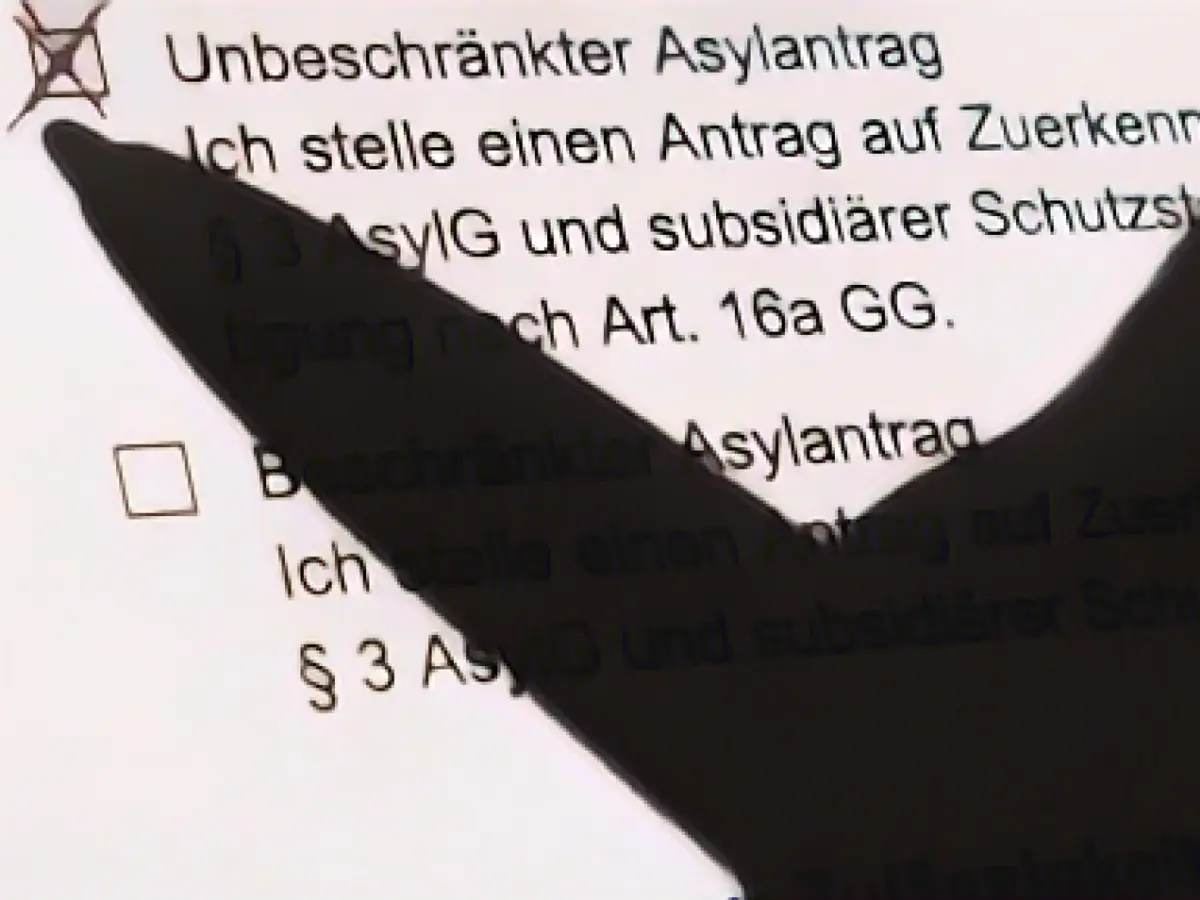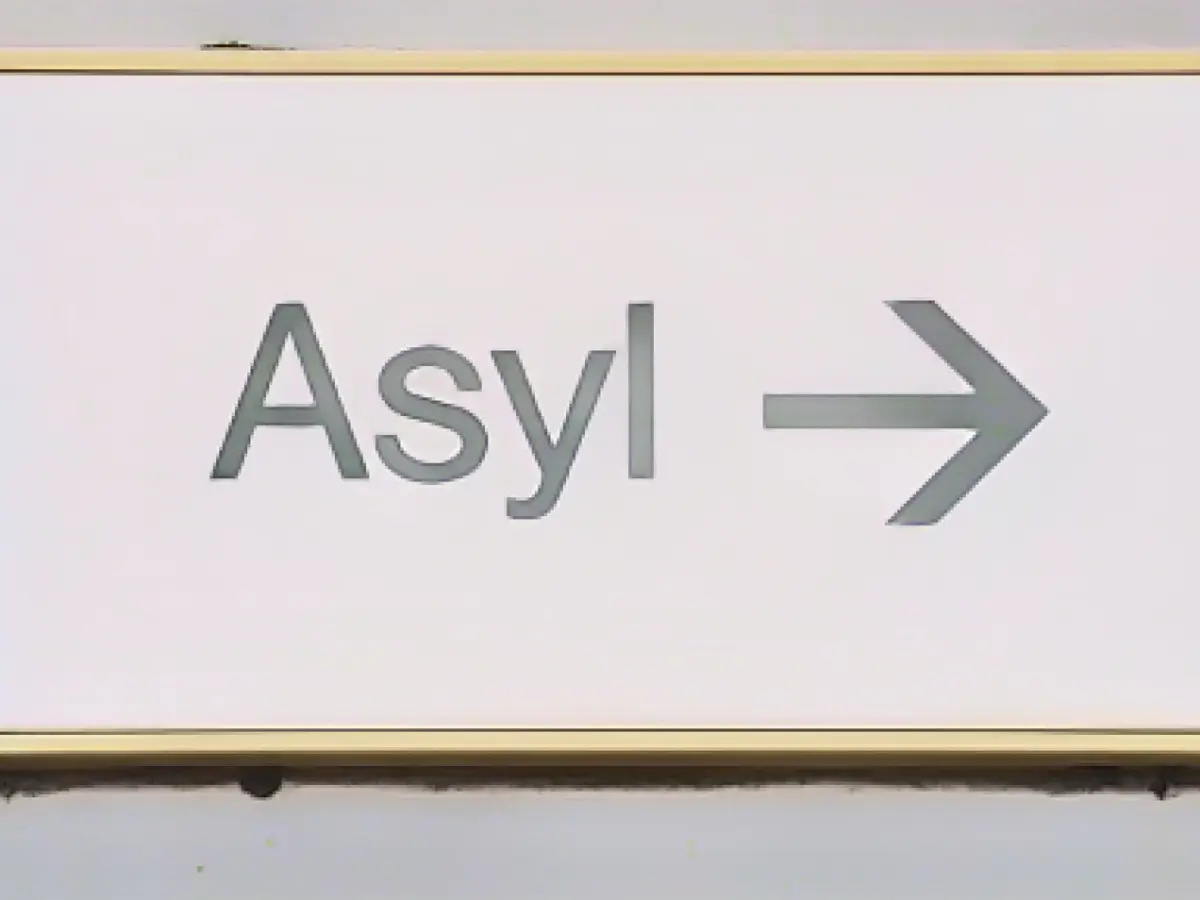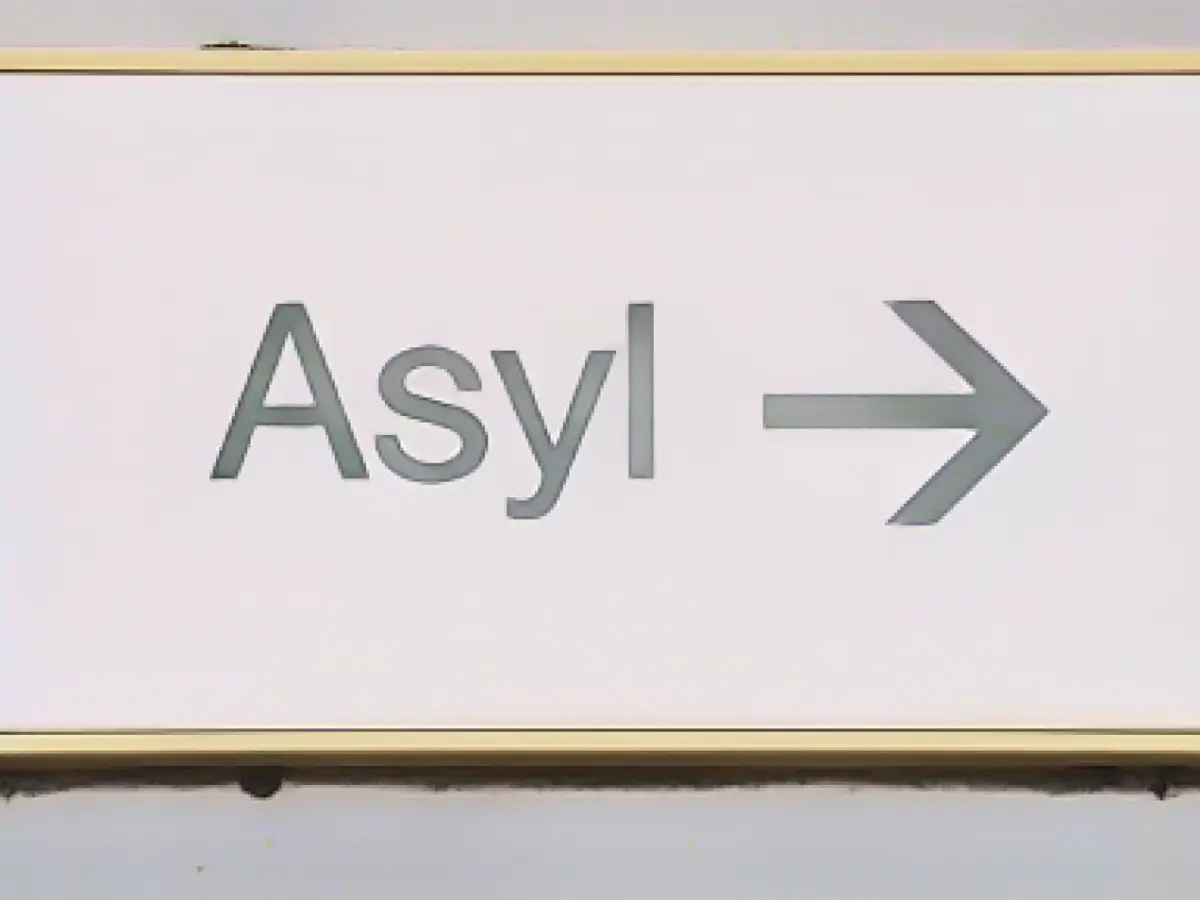Asylum Seekers in Church Sanctuary: Compliance with Residence Requirements Still Mandatory
Recently, the Lower Saxony-Bremen State Social Court made an announcement that asylum seekers are not entitled to living allowances in church asylum if they breach the residence requirement. This was in response to a case involving an Iraqi couple who had sought asylum in Sweden but violated their stay in Saxony-Anhalt by moving to church asylum in Bremen, claiming entitlement to benefits under the Asylum Seekers Benefits Act for necessities such as food and clothing.
Although the couple argued that their living circumstances couldn't be sustained by the congregation in the long term, the court denounced this claim, asserting that the violation of the residence requirement tied to entitlement to benefits. The court reasoned that the couple could maintain their subsistence by returning to Saxony-Anhalt and rejected the claim that fear of deportation to Sweden was sufficient reason to circumvent the residence requirement.
Regulations for asylum seekers in church sanctuary in Germany have been upheld in various court rulings, as demonstrated by this case. Previous judgments, including those in cities like Celle, have established that asylum seekers from Saxony-Anhalt residing in church sanctuary are required to comply with residence requirements.
Germany's social welfare system does not grant living expenses to asylum seekers in church sanctuary if they violate their residence requirements. Violating the regulations can potentially result in a loss of entitlement to benefits.
Additional Insights
When it comes to the Church of Almighty God (CAG) members, residence requirements in Germany are subject to complex legal considerations. For instance, certain court rulings have addressed the issue of asylum applications by CAG members who obtained passports in China, with the Administrative Court of Freiburg deciding that under special circumstances, asylum seekers may be able to obtain passports even in China.
However, the handling of entitlement to living benefits when residence requirements are breached is a nuanced evaluation by the German court system, depending on individual circumstances, reasons for non-compliance, and the impact on the asylum process.
While the case of the Iraqi couple drawn from Bremen's church sanctuary illustrates the rigorous enforcement of residence requirements by German State Social Courts, human rights advocates have raised concerns about suggested leniency in some instances. In any case, even in Lower Saxony or other German states, asylum seekers in church sanctuary must adhere to 'regulations' and court processes to ensure their continued entitlement to benefits.
Source:
Enrichment Insights (integrated in the base article): Residence requirements for asylum seekers, including CAG members, involve intricate legal assessments in German courts. One critical situation surrounded the validity of asylum applications by CAG members who acquired passports in China, ruled upon in the Administrative Court of Freiburg.
Social welfare systems in Germany generally do not offer financial aid for asylum seekers living in church sanctuary when residence requirements are not adhered to. Court decisions take various factors into account, such as individual circumstances, reasons for non-compliance, and the overall influence on the asylum process. Complexity is inherent in the German asylum process, with rulings based on in-depth evaluations of the religious group concerned. The broader political and social context in Germany may also bring about debates about asylum seekers and skilled workers, impacting the handling of asylum claims.








